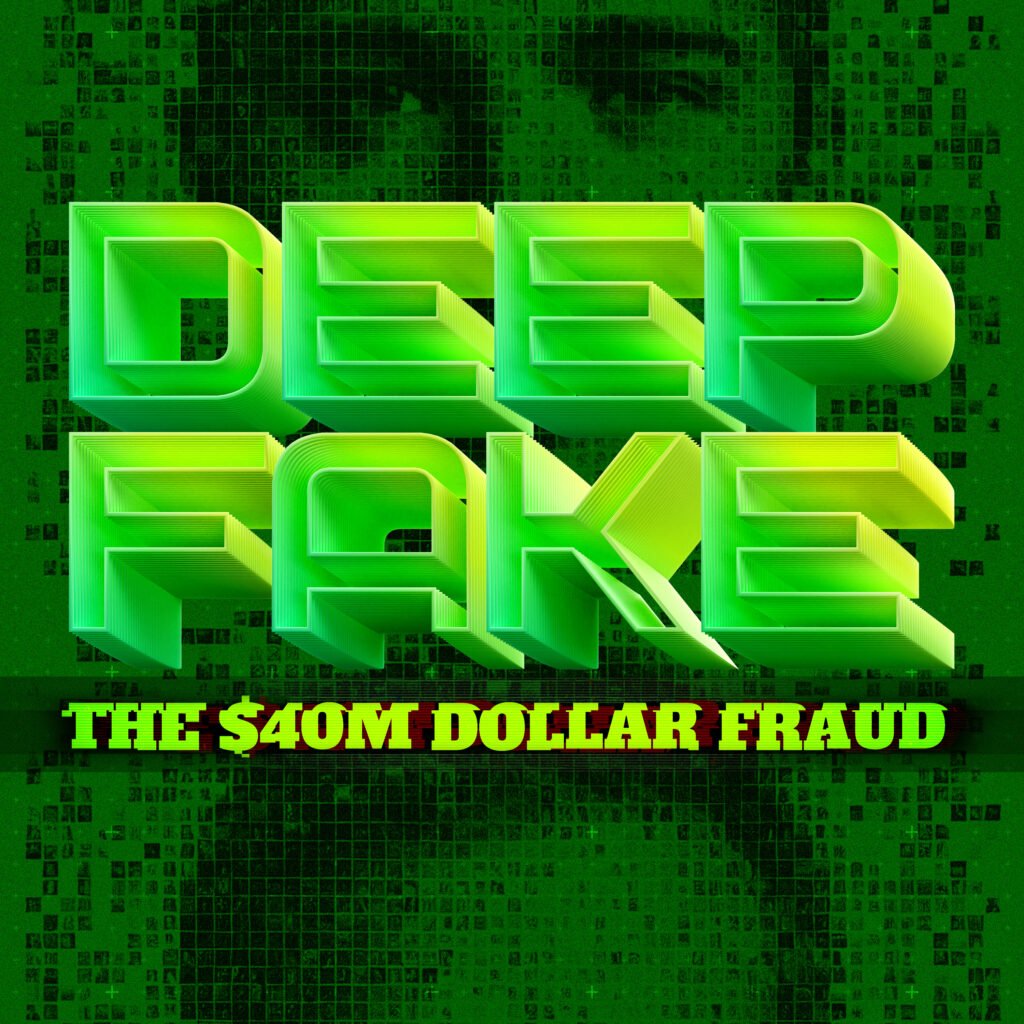Podshape has this week launched a new podcast series. Deep Fake explores how cutting-edge AI technology is being used to deceive and scam people across the globe.
One major story from January 2024 follows a finance worker in Hong Kong who unknowingly transferred over $40 million AUD to fraudsters, after being tricked by a deepfake video of his boss. This shocking scam reveals how AI is blurring the line between reality and deception, with even global companies falling victim.
Upcoming episodes of Deep Fake also ask: Just how easy is it to create a deepfake? With expert insights from Dr. Adrian McCullagh, Ph.D., the show explores the legal ramifications and how AI might rewrite history. Cybercrime investigator Ken Gamble breaks down the Arup scam and how deepfakes are used for serious financial crimes.
The podcast also highlights the disturbing rise of deepfake pornography in Australia, with advocate Noelle Martin sharing her personal fight to change the laws around digital safety and protect victims.
The Deep Fake podcast is available on all major podcast platforms.
It’s also available on Apple Podcast subscriptions where you can get episodes ad free and early.

Listen on Spotify here.
Listen on Apple here.
Just last month Podshape released Who’s to Blame? – a new seven-part podcast series delving into the youth crime crisis in Queensland and across Australia.
The series is published by Podshape, the Brisbane-based creator of many true-crime podcasts. The podcast business was launched four years ago by former Nova Entertainment employees Jay Walkerden and Katie Mattin.
As communities ask who’s to blame?, the podcast offers a multifaceted exploration of the issue, from the perspectives of victims, perpetrators, and experts.
To better understand the roots of youth crime, the podcast also features candid conversations with reformed youth offenders. These first-hand accounts provide insights into the factors that drive young people to commit crimes, shedding light on the social, economic, and psychological triggers that contribute to their actions.
See also: Jay Walkerden on new podcast series Who’s to Blame?

